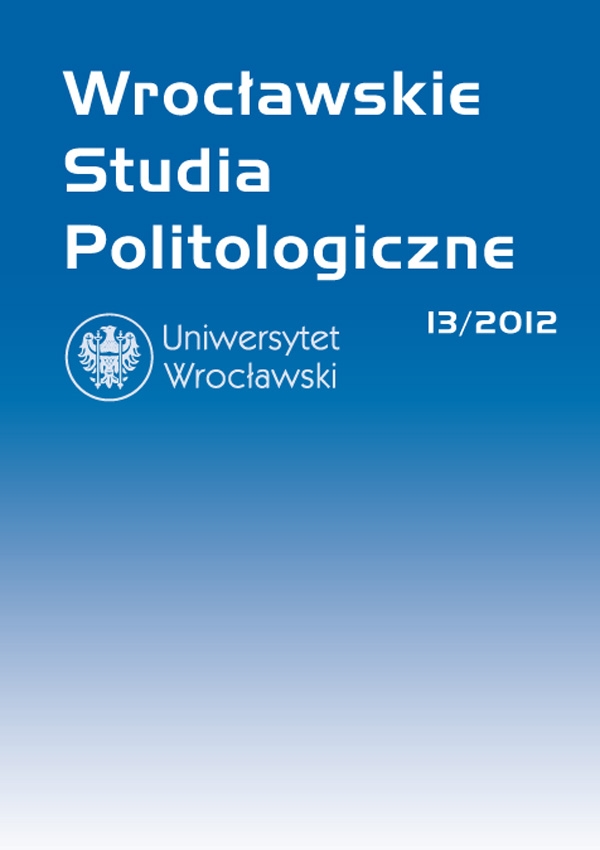

Artykuły

Overview of the EU military and civilian intervention in Africa, the example of the Democratic Republic of Congo
In 1999 has begun a gradual evolution of the Common European Security and Defense Policy. This was the response of EU countries to the growing threat in the international arena. The emergence of a new policy on advancing the process of European integration was a major contribution to the development of cooperation in the fields of security and in the shaping of politicalunion basis. The EU is carrying out the ESDP civilian, civilian-military and military operations on the European continent and beyond this area. In fact, since the creation of the European Communities western European countries accounted for postcolonial policies towards African states, especially sub-Saharan Africa. African and non-African colonies of western European states have been associated with the European Economic Community on the basis of the Treaties of Rome in 1957. What is important in the process of decolonization, they regained their independence, but political and economic relationship remained. The current formula for the EU-African cooperation has been significantly transformed. Involvement in peacekeeping in Democratic Republic of Congo is a clear continuation of the European policy. Since regaining independence by the former Belgian colony the interventions in the DRC have been taken by France and Belgium. Operations such as Artemis, EUFOR RD CONGO, EUSEC, EUPOL RD Congo and EUPOL KINSHASA are the perfect example of growth of the postcolonial regional EU responsibility for the safety of sub-Saharan Africa.